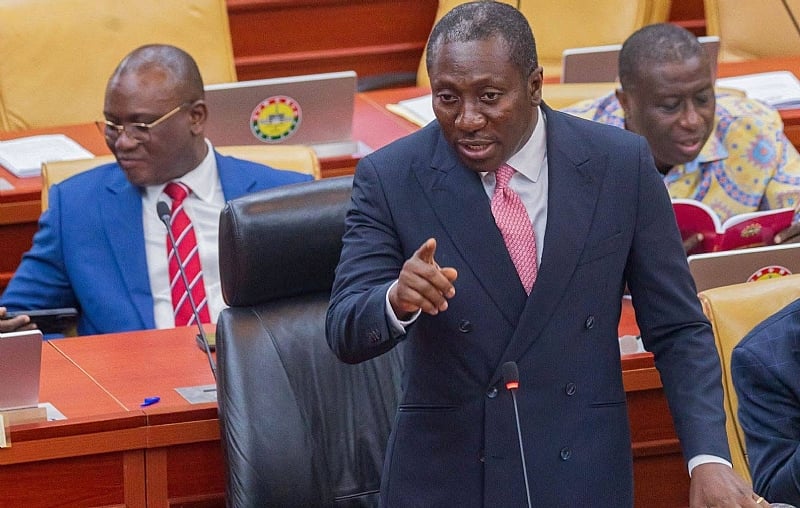The energy sector in Ghana is facing significant challenges, prompting criticism from Alexander Afenyo-Markin, the Minority Leader in Parliament. He attributes the current predicament to the previous Mahama-led administration’s failure to implement effective reforms. Afenyo-Markin argues that this inaction has created a precarious situation that threatens to destabilize the entire sector. He specifically calls out the high rate of non-payment for electricity consumption, citing reports indicating that less than 30% of Ghanaian households and industries actually pay for the power they use. This widespread non-payment places a substantial financial burden on the central government, a situation often exacerbated by politicization of the issue.
Afenyo-Markin urges a bipartisan approach to address the energy crisis, emphasizing the importance of supporting Energy Minister John Jinapor’s proposed reforms. Jinapor has publicly committed to implementing a loss reduction program and other measures to tackle the non-payment issue. Afenyo-Markin stresses that the potential consequences of inaction are dire, potentially leading to another levy on consumers. He calls for unity among parliamentarians, urging them to prioritize the nation’s interests over political maneuvering. He believes that a collective effort is essential to prevent the energy crisis from spiraling out of control and further impacting the economy.
The core of the problem, as highlighted by Afenyo-Markin, is the pervasive culture of non-payment for electricity. This issue is not merely a financial drain on the government; it also represents a fundamental unfairness to those who diligently pay their bills. This free-rider problem undermines the financial viability of the energy sector, making it difficult to invest in infrastructure improvements and maintain a reliable power supply. Moreover, the politicization of the issue hinders the implementation of necessary reforms. When energy policy becomes a political football, long-term solutions are often sacrificed for short-term political gains.
Afenyo-Markin’s call for bipartisan cooperation is a crucial element of his argument. He recognizes that the energy crisis transcends political affiliations. Its impact will be felt by all Ghanaians, regardless of their political leanings. A united front is essential to address the complex challenges facing the energy sector. This unity requires putting aside partisan differences and working together to find sustainable solutions. The focus should be on implementing practical measures that address the root causes of the problem, rather than engaging in political grandstanding.
The potential for a further levy on consumers looms large in the discussion. This prospect highlights the urgency of the situation. If the current trajectory continues, the government may be forced to impose additional financial burdens on citizens to cover the costs of the energy crisis. This outcome would be detrimental to both households and businesses, further straining an already challenged economy. Therefore, proactive measures are necessary to avert this scenario. These measures should include not only addressing the non-payment issue but also exploring ways to improve efficiency and reduce waste within the energy sector.
In conclusion, Afenyo-Markin’s critique of Ghana’s energy sector paints a concerning picture. The combination of non-payment, politicization, and the potential for further levies underscores the need for immediate and decisive action. His call for bipartisan cooperation is a plea for pragmatism and a recognition that the energy crisis is a shared challenge that demands a collective response. The future of Ghana’s energy sector, and indeed its economic prosperity, hinges on the ability of its leaders to rise above political divisions and work together to find sustainable solutions. The alternative is a deepening crisis with far-reaching consequences for all Ghanaians.


